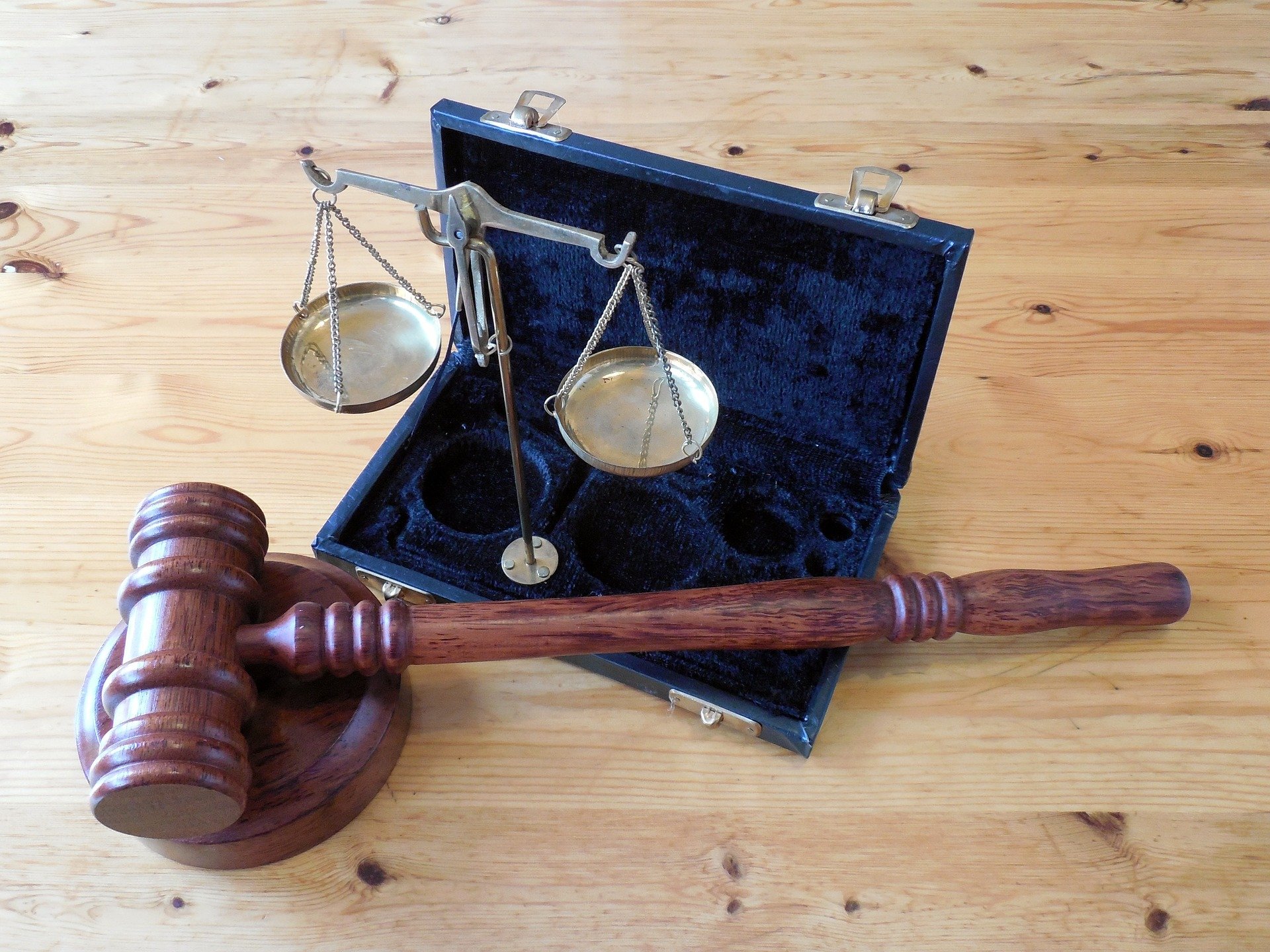Each state has its divorce laws and asset management procedures. This article will concentrate on how Georgia processes savings and investments between spouses.
When a divorce petition is filed, the court will determine how “marital property” assets and obligations will be distributed. Georgia is an “equitable distribution” state, which means that a divorce court judge has broad discretion in dividing and awarding property.
Property distribution is arguably second only to child custody issues as the most critical aspect of a divorce process in Georgia. The only way to properly safeguard your interests in property split issues is to hire an expert divorce attorney.
Insight
In all, 16,359 marriages were recorded in 2020, a reduction of 29.7% compared to last year. At the same time, the number of divorces was 7,643, a decrease of 31.8%, according to Geostat, the National Statistics Office of Georgia.
Georgia is not a community property state, which means that the pool of marital property, which may include pension funds, is not required to be equally split. Instead, the court splits it according to what they believe is equitable in light of specific circumstances. This covers the distinct assets, alimony awards, income and earning potential, behavior throughout the marriage, future needs, and obligations of each spouse.
However, the question remains: how much does it cost to get a divorce if both parties agree? In an uncontested divorce, both husband and wife sign mutual agreement papers together and split assets according to their mutual decisions.
But, in a general divorce, how do the assets get divided? Let us dive in a bit deeper.
Dividing Assets in a Divorce in Georgia
Suppose a divorced couple agrees on how they wish to split their property and obligations. In that case, they may do so without the intervention of a court. However, for many couples, determining who gets to retain what is anything but straightforward. Thus, the couple may bring their property dispute to the court, subsequently distributing property and obligations according to state law.
Georgia, as previously stated, is an equal distribution state. This establishes the division of property and obligations. Equitable distribution does not necessarily imply a 50/50 share of the property. Property and debts are divided under relevant criteria that the court considers for a fair division for each party.
To establish what constitutes a fair split, the court considers many criteria specific to each case before deciding how to divide assets. In essence, each spouse gets given a portion of their marital property’s overall worth. Each spouse may then get things equal to their share.
One spouse may be motivated to conceal assets from the court during the property distribution process to get more property once the divorce is complete. This, however, is unlawful and may result in a variety of penalties, including the payment of fines or even prison time.
Taxable Investments
What matters to taxable investments is what you retain after taxes, not what you see on your account.
In general, spouses may have the following choices for distributing assets after a divorce. One possibility is to liquidate investments and divide the profits. However, this may have tax implications. Alternatively, you may divide your investment assets in general. For example, if 100 shares are split as marital property, one person receives 50 shares, and the other party receives the remaining 50 shares.
The IRS permits divorced couples to retain the same cost basis and holding period for an existing investment. The cost basis of an investment is the price at which it was initially bought. The holding time is critical because earnings on assets held for less than a year are taxed at your regular income tax rate. In contrast, profits on investments held longer than a year are taxed at reduced long-term capital gains rates.
Equitable Distribution
The court has the power to decide what constitutes an “equitable distribution of marital property” in a Georgia divorce proceeding. In general, marital property is defined as accumulating all assets and obligations accumulated throughout the marriage. Equitable division does not always imply a 50/50 allocation of assets and liabilities. In Georgia, the court determines what constitutes a fair settlement for both spouses.
Dividing Assets
The division of marital assets considers all types of assets, including tangible personal property (such as a house, vehicles, and furniture) and financial assets (such as cash, investments, retirement accounts, and other valuable things). Under no circumstances should you attempt to conceal assets or understate the worth since this may subject you to criminal penalties.
Dividing Debts
The distribution of marital debts considers all types of debt, including mortgages, automobile loans, consumer debt, and any other indebtedness. In some circumstances, a spouse may escape liability for certain debts, like credit card bills, if the spouse can establish and show that they were unaware of the debt incurred exclusively by their spouse. This is referred to as the “innocent spouse” rule.
Protected Property
In Georgia, during your marriage, whatever property you had before marriage, or property you inherited or got as a gift from a third party, is completely shielded from any property division proceedings or claims brought against you by your spouse. However, you can be asked to provide evidence of when or how you came to own the property if any claims regarding “separate property” are disputed. This will help establish whether or not the property in question qualifies as separate property in the first place.
Marital Property
The original owner usually keeps separate property after a divorce in Georgia. On the other hand, marital property is divided under the concept of equitable distribution. This implies that property is distributed between couples in an “equitable” or fair manner. While this may result in an equitable division of marital property in certain instances, it often doesn’t.
Rather than distributing marital property equally between divorcing couples, Georgia court judges will consider several criteria when determining how to split the property equitably. That includes each spouse’s financial and non-financial contributions to the marriage.
Conclusion
To ensure that property is split equitably after divorce, it is essential to account for and classify all separate and marital property accurately. People divorcing in Georgia are advised to consult an experienced divorce attorney who can assist them in protecting their rights and negotiating an optimum property settlement on their behalf.
















